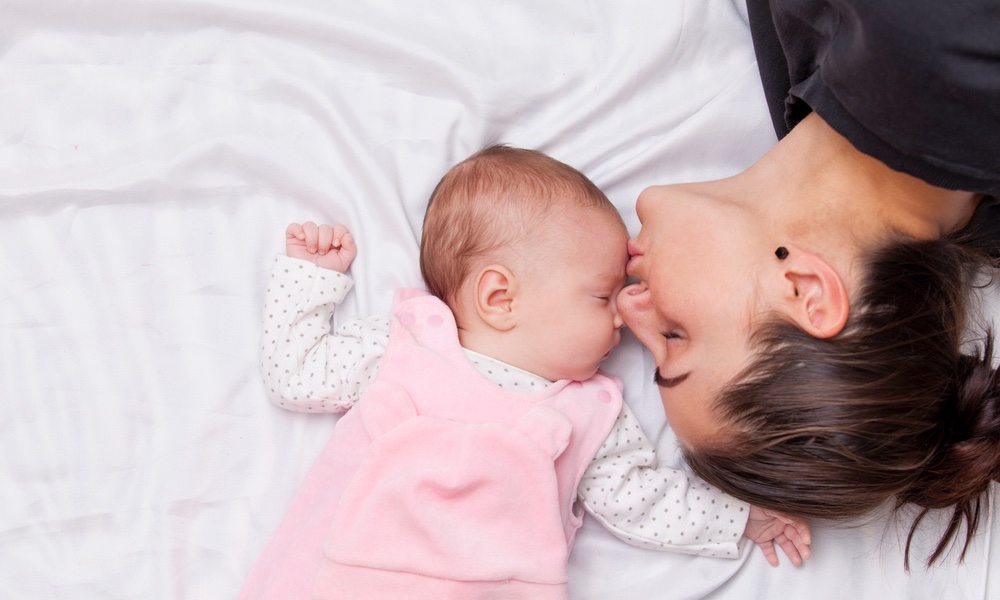A lack of sleep is one of the most difficult aspects of parenthood. It's pretty safe to say that all parents dream of the day their young ones sleep through the night. Parenting blogs and magazines are filled with debates about this process.
Some believe infants left to cry when they are put down for a nap or when they wake in the middle of the night will feel abandoned and experience lasting emotional trauma. Others claim babies won't learn to soothe themselves if they are never asked to do so.
To try to determine what the effects of letting babies “cry it out” — cry themselves back to sleep — might be, researchers in the United Kingdom followed 178 infants and their mothers for over 18 months. They kept track of whether parents went immediately to their child when it cried or let the baby cry for a while.Babies who were left to cry it out a few times early in life and more often at three months actually ended up crying less and for a shorter period of time at 18 months.
Letting a baby cry it out made little difference to the infant's development by 18 months if a mother was sensitive to her child's needs in general, they found, suggesting that despite how heart-rending an infant's cries might be, being left to cry themselves to sleep does little or no damage. More noteworthy was the fact that babies who were left to cry it out a few times early in life and more often at three months actually ended up crying less and for a shorter period of time at 18 months.
The emotional fallout from letting one's baby cry is what concerns parents most, and the study addressed that, too. The team used a Crying Pattern Questionnaire at term, three and 18 months which gave them a picture of how long and how often an infant fussed and cried at these ages. To get a sense of the emotional effects of being left to cry and to evaluate how sensitive a mother was to her baby, the researchers made video recordings of mother-child interactions at three and 18 months of age.Letting a baby cry for a while can help it learn to self-regulate. It may even provide a first sense of self.
Children's attachment was also measured at 18 months using the strange situation test, a gold standard experimental procedure that helps show how securely an infant is attached to a major caregiver during times of separation and reunion. And to get a sense of the children's behavioral development, the team relied on a psychologist's direct observations of the babies, as they played and interacted with their mothers, and questionnaires administered to parents when their children reached 18 months.
Roughly two-thirds of mothers appeared to learn from their infant and adjust their parenting accordingly. They were likely to immediately intervene when their baby was a newborn, but as the infant grew older, they were more likely to wait a bit to see whether the baby would calm itself and settle down.
The team offers the following takeaways:
The study appears in Journal of Child Psychology and Psychiatry.





